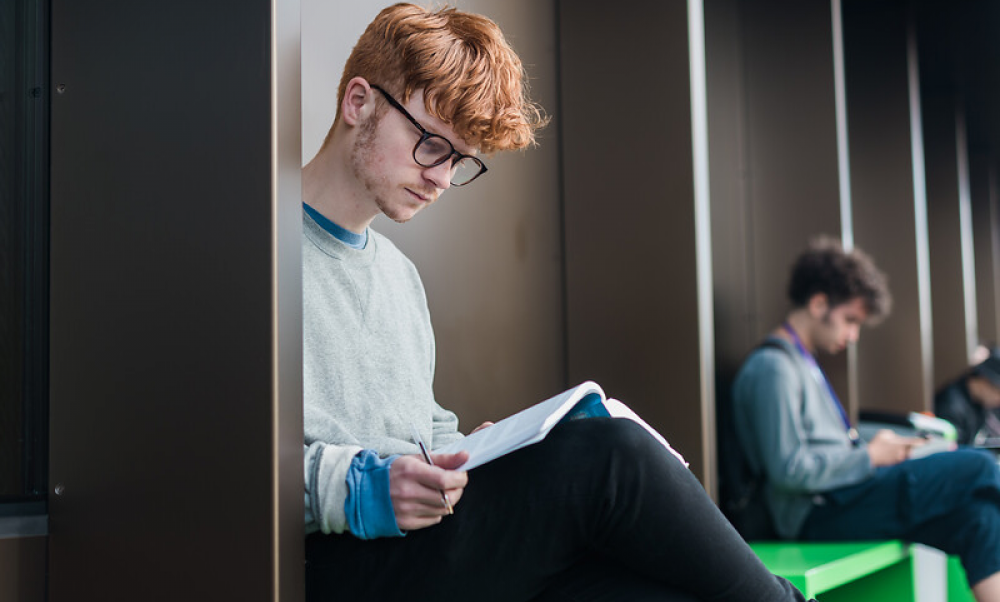Applying as an international student
UCL can assist you with any advice you may need about applying to and studying at UCL.
Please note that you may submit applications for a maximum of two taught graduate programmes in any application cycle.
Country-specific information
Country-specific information is available for international students. Simply select your home country from the map to see an overview of entry requirements, as well as relevant funding opportunities, student societies, in-country contacts and other relevant information.
English Language Requirements
English Language requirements
The following information gives English Language Requirement guidance for Taught Graduate and Research applicants.
Academic Technology Approval Scheme (ATAS)
If you are an international student from outside the EEA (European Economic Area) and Switzerland and are applying for a taught programme in the fields of Biochemical Engineering, Chemical Engineering, Physics or Mechanical Engineering, you will be required to apply to the UK government for an Academic Technology Approval Scheme clearance certificate.
Fees and funding
International students can apply for a range of scholarships and awards. Many students receive funding from their own government or other external sources, so prospective applicants are advised to check with the Ministry of Education in their own country or from the British Council for information about other potential funding opportunities.
Working in the UK
It is sometimes possible for international students to combine work and study. Restrictions on working in the UK will apply if you are on a Student Route visa – in other words if you are an international student from outside the European Economic Area (EEA) and Switzerland. For details see the UK Council for International Student Affairs website.
For students eligible to work in the UK, there are opportunities both at UCL and beyond for part-time, short-term or casual work. JobShop, run by the UCL Students' Union, maintains a database of such opportunities. Other part-time opportunities and details of support from UCL can be found on the UCL Careers website.
It is important to ensure that your studies do not suffer because of your work commitments. You will need to be sure that you are available for the timetabled elements of your studies, and that you allocate enough time each week for reading, coursework, research or assignments. Your supervisor or tutor will be concerned to ensure that you achieve your best in your academic work, but will also be accustomed to the fact that graduate students may have commitments, such as work and family, which they much also fit into their lives.
EU Nationals
EU national applicants are encouraged to refer to UCL's Immigration and Visa webpages for further advice and support on studying, working and living in the UK post-Brexit.

